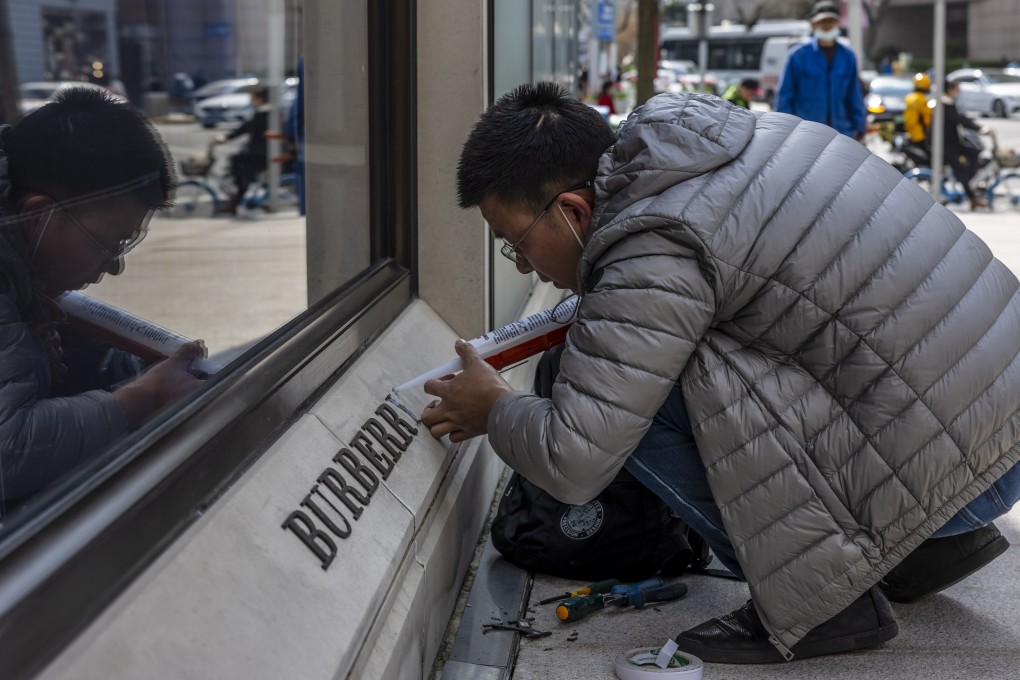Advertisement
Letters | Xinjiang cotton: can China boycott the world’s garment makers?
- Beijing’s use of bans and boycotts is a double-edged sword and, this time around, boycott supporters may have bitten off more than they can chew
Reading Time:2 minutes
Why you can trust SCMP

Ever since several brands chose to remove Xinjiang cotton from their supply chain, Chinese official media, celebrities and Weibo patriots have all been focusing fire on those seen to be acting against China’s interests.
Advertisement
This is not unusual, as China has in recent years been deploying its sharp economic power, such as banning the NBA, Taiwan’s pineapple and Australian coal. What is different in this case is the scale of the target: the global garments industry.
Sharp power, however, can be a double-edged sword. China’s coal imports in the first two months of this year fell 40 per cent compared to a year earlier, and pressure is growing on Chinese steel mills. The cost of threatening companies to keep quiet about their concerns may be hidden, but still clearly exists.
In the case of Xinjiang cotton, the global industry is now forced to take a position – for or against China. In return, Beijing must respond aggressively to back up its threat and to satisfy hyper-nationalists in the country.
Companies that have challenged or even crossed China’s “red lines” have faced catastrophic consequences in the past. This time, however, boycott supporters in China may have bitten off more than they can chew.
The outcome is unlikely to be clear, given the fissures on both sides. Take the Hong Kong anti-government movement’s attempt last year to boycott “blue” businesses, seen as anti-protest and pro-government, pro-Beijing or pro-police. The price to pay is tremendous, as the list of businesses to boycott can go on forever, while one misstep earns you the instant label of disloyalty to the cause.
Advertisement
Adidas, H&M, Nike, Uniqlo and many such brands and their products are simply part of daily life for many Chinese people. You run a red light once, you should know better when to do it twice.

Advertisement
